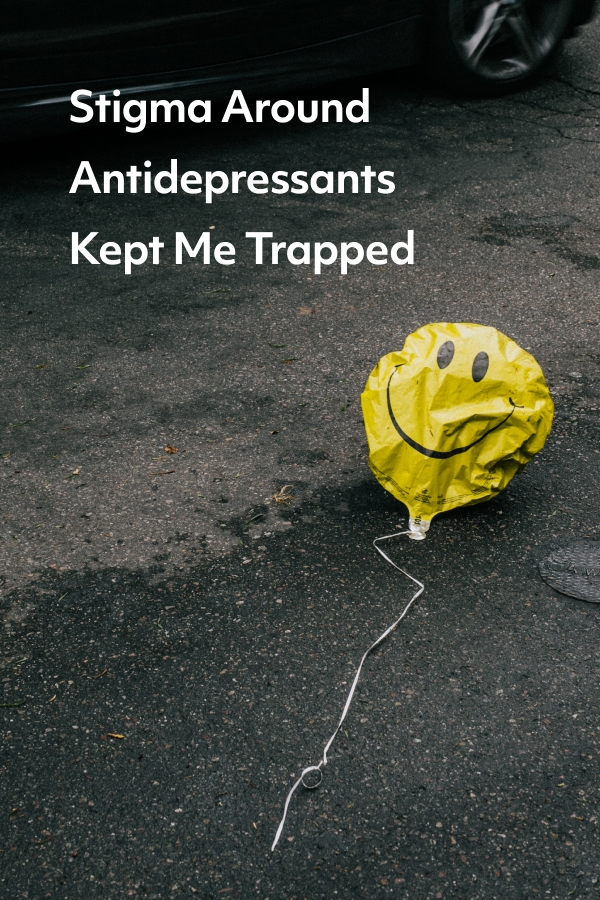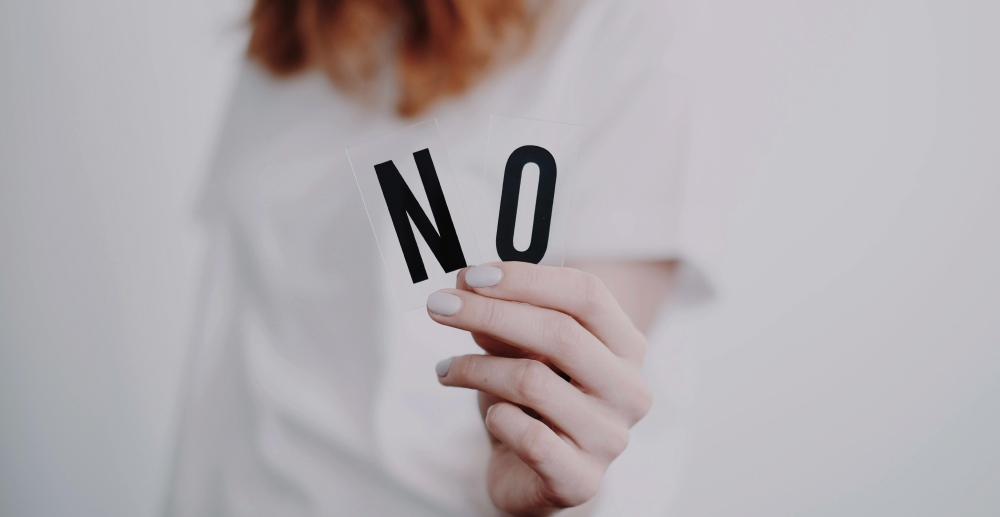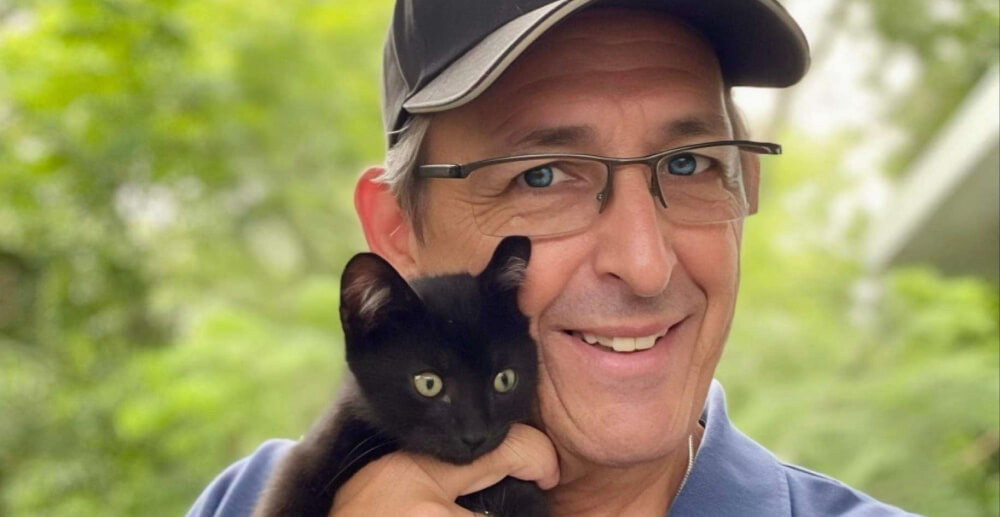There is still a lot of stigma around medication for mental health, and internalizing that made my recovery harder.
Content warning: This piece includes non-graphic references to suicidal ideation, as experienced by the author.
Even as society has taken great strides to reduce the stigma surrounding mental health, much of the stigma regarding pharmacologic treatment remains. We’ve all heard disparaging words against antidepressants, even from people who don’t necessarily think that they are bad. “Doctors don’t actually treat anyone nowadays, they just want to put everyone on pills,” people say with a sneer. Some are convinced that others haven’t done enough to combat their depression. “If you just exercise/eat right/think positive/[insert solution here], you wouldn’t need those meds,” they assert. Others think that antidepressants are used too much. They flippantly proclaim, “Not everyone needs crazy pills!” Still others see them as a sign of weakness. They tell us, “Just suck it up, you’re stronger than that.” Sometimes even people who are on antidepressants themselves have discouraging words. “Everyone is on antidepressants, we never used to need these,” they bemoan.
I didn’t judge other people for needing antidepressants
The first person I knew who admitted to being on antidepressants was my best friend in middle school. I don’t remember exactly how the conversation went, but I imagine I was somewhat surprised by the news initially. But it never really became a factor in how I thought of my friend afterward. Part of it was the matter-of-fact way that they told me, and part of it was that they were my best friend and not much could have made me think differently of them. But from that point on, I don’t remember having a strong reaction anytime I heard someone was on antidepressants. I knew that there was some stigma associated with them, but it wasn’t something that ever bothered me or changed how I saw someone. That was, until it was suggested that maybe I should be on them.
I had a boatload of judgment about needing them myself
Really, me? What for? I mean, there’s nothing wrong with people being on antidepressants if they need them, but I just don’t. I’m not that bad, and if I just worked harder/exercised more/went to therapy/got over it, I would be fine without them. They’re a life-saving agent for some and a life-changing tool for so many more; but me? I mean it’s not that I think antidepressants are bad, just that they’re as unnecessary for me as a set of dentures would have been. Those were my thoughts.
Why was that? What had me convinced that antidepressants were something I didn’t need? Even though I held no stigma regarding other people being on medication for their mental health, I had a lot of unconscious stigma tied to being on them myself. Most of that came out as insistence that my life wasn’t bad enough to warrant them, that I just needed to make more of an effort. Medication might be able to help me, but I just needed to work harder instead. In a strange way, between feeling like I wasn’t bad enough off to warrant them and the belief I could solve my problems through sheer effort, I was treating myself as if I didn’t deserve help.
It took years for me to be willing to consistently try meds for my depression
A few years later, after many bouts of depression and being in and out of recovery for alcohol use disorder, I finally landed in a rehab that recommended antidepressants to me at a time when I was willing to give them a try. I stayed on them for several months, and as things started going better and I began feeling better … I gave them up. I was doing good, surely I didn’t need them any longer, right? Besides, being sober was the most important factor for my happiness, so clearly I would be happy without them. [I should pause here a moment to say that being sober absolutely IS the most important factor for my mental well-being, but it is NOT the ONLY factor.] That distinction between sobriety being a part of happiness rather than the sole cause of happiness was one I didn’t know then. It took several more relapses and another rehab before I would find the willingness to try antidepressants again.
Fast forward to a month or so ago, when I had an interesting thought that struck me like a bolt of lightning: I couldn’t remember the last time that I had thought about killing myself. I actually stopped and paused for a long moment, wracking my brain to try to remember when I’d last had one of those thoughts. I realized I had to go all the way back to my most recent relapse over a year ago. I had experienced thoughts of killing myself for almost as long as I could remember. The intensity and frequency of those thoughts has certainly varied a lot over my life. But at some point in the past couple of years … they had just kind of faded away and not come back.
Could this be the work of the medication? Was it just because I was sober? Invariably I asked myself that age-old question, “Could I be just as happy without the medication?” It was at that moment that I fully accepted the benefit of the medication on my life, let go of my internalized stigma, and I was able to say “That doesn’t matter to me anymore.”
I’m no longer haunted by the question of whether I really need antidepressants
Shedding that internal stigma of antidepressants is what allows me to say “I don’t care if maybe I could be this happy without medication.” I’m no longer haunted by the persistent question of whether “I really need it” or “could I be okay without it.” Without the weight of my own internalized stigma, I’ve reached a place where I’m not bothered whether perhaps I’m taking it when I don’t need to. If the “price” of this kind of contentment and emotional ease was that I had to take a pill every morning—so be it. That was a reasonable price to pay.
And who knows? Maybe I could be this content without antidepressants. But it’s no longer important to me to find out at the risk of losing the life I have today.





